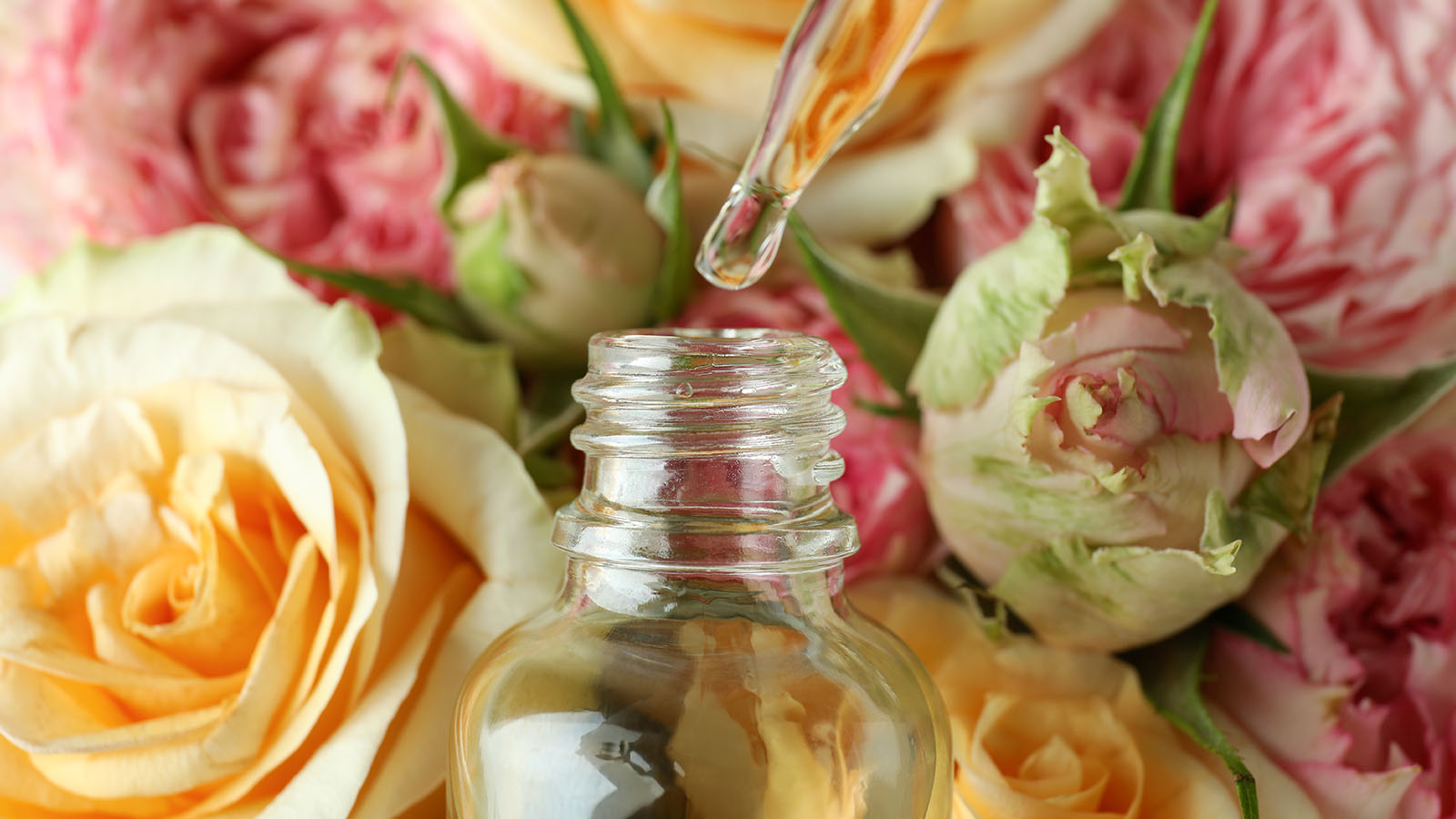Essential oils have been used for centuries for their healing and aromatic properties. Modern science has increasingly validated their efficacy, particularly in mood disorders such as depression and anxiety. Extracted from plants, essential oils (EO) contain active components that positively influence both the nervous and respiratory systems, providing therapeutic effects through inhalation or direct application.
How Essential Oils Work
Essential oils deliver therapeutic effects through two primary pathways: the olfactory system and the respiratory system. When inhaled, their volatile molecules activate olfactory receptors, triggering responses in brain regions like the limbic system, which governs emotions and memory. Simultaneously, molecules can enter the bloodstream through alveolar absorption, crossing the blood-brain barrier to influence brain activity.
Research highlights several mechanisms of action, including:
- Neurotransmitter Regulation: Increasing serotonin (5-HT) and dopamine levels to elevate mood.
- Neurogenesis Promotion: Stimulating brain-derived neurotrophic factor (BDNF) to enhance neural growth and plasticity.
- Stress Hormone Reduction: Suppressing cortisol production via the hypothalamic-pituitary-adrenal (HPA) axis.
Key Essential Oils for Mood Disorders
Lavender
Lavender is renowned for its anxiolytic and antidepressant properties. Studies demonstrate that inhaling lavender essential oil can reduce anxiety, lower blood pressure, and improve sleep quality. A 2021 study showed that lavender modulates serotonin levels and stimulates neurogenesis, making it effective for managing mood disturbances.
Bergamot
Bergamot essential oil is known for its uplifting effects. Clinical trials reveal its ability to reduce salivary cortisol levels, a biomarker for stress. Inhaling bergamot has been linked to improved mood and decreased anxiety in patients undergoing high-stress procedures.
Chamomile
Chamomile essential oil is another popular choice for mood regulation. It is particularly effective in alleviating mild depression and anxiety, with evidence suggesting its role in reducing stress-induced inflammation and promoting relaxation.
Ylang-Ylang
Ylang-ylang essential oil targets serotonin pathways, enhancing emotional regulation. Studies also link it to the suppression of stress-activated signaling pathways in the brain, promoting tranquility and mental clarity.
Scientific Evidence Supporting Essential Oils
A growing body of research supports the use of essential oils for mood disorders:
- A clinical trial involving lavender oil found significant reductions in anxiety and depression symptoms.
- Studies on bergamot oil demonstrated its ability to reduce cortisol levels and improve parasympathetic nervous system activity.
- Animal studies show that essential oils like lemon and ylang-ylang stimulate serotonin and dopamine pathways, enhancing mood and reducing stress behaviors.
Applications of Essential Oils
Essential oils can be incorporated into daily routines for therapeutic benefits:
- Inhalation: Use a diffuser to disperse essential oil molecules into the air for continuous aromatherapy.
- Massage: Dilute essential oils with a carrier oil and apply them to the skin for localized relaxation and stress relief.
- Baths: Add a few drops of essential oil to a warm bath for a calming experience.
- Topical Application: Apply diluted oils to pulse points for mood enhancement throughout the day.
Limitations and Future Research
While essential oils offer numerous benefits, standardization of their production and formulation remains a challenge. Individual responses to essential oils can vary, and more large-scale clinical trials are needed to establish consistent guidelines for their therapeutic use.
A Natural Path to Mental Health Support
Essential oils like lavender, bergamot, chamomile, and ylang-ylang have proven to be effective in managing mood disorders through their impact on the nervous and respiratory systems. By reducing stress, regulating neurotransmitters, and promoting neurogenesis, these natural remedies offer a holistic approach to mental well-being. With further research, essential oils could become an integral part of complementary treatments for depression and anxiety.

















Share:
The Intriguing World of Olfaction: Understanding the Sense of Smell
Scents and Moods: How Fragrance Shapes Emotions